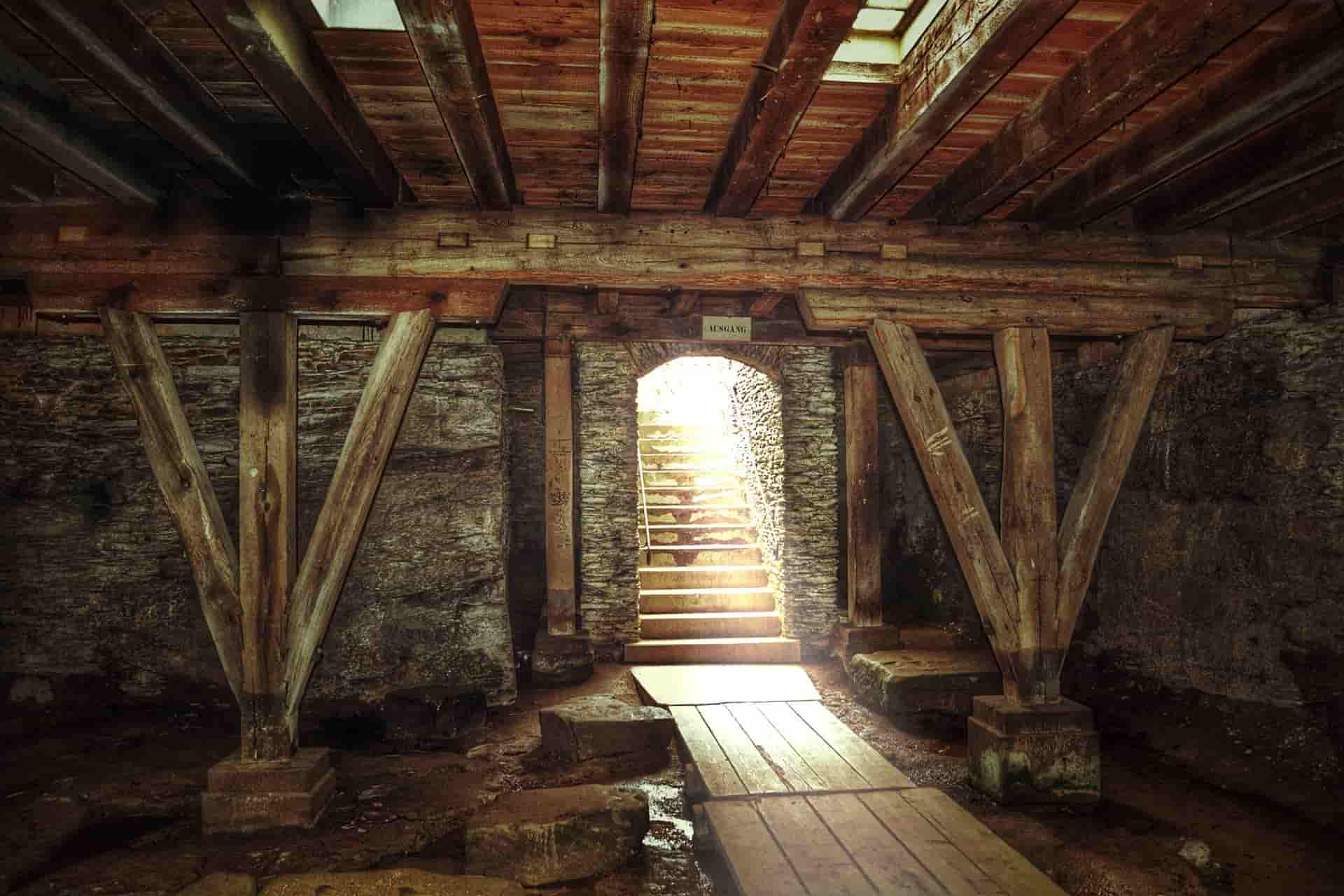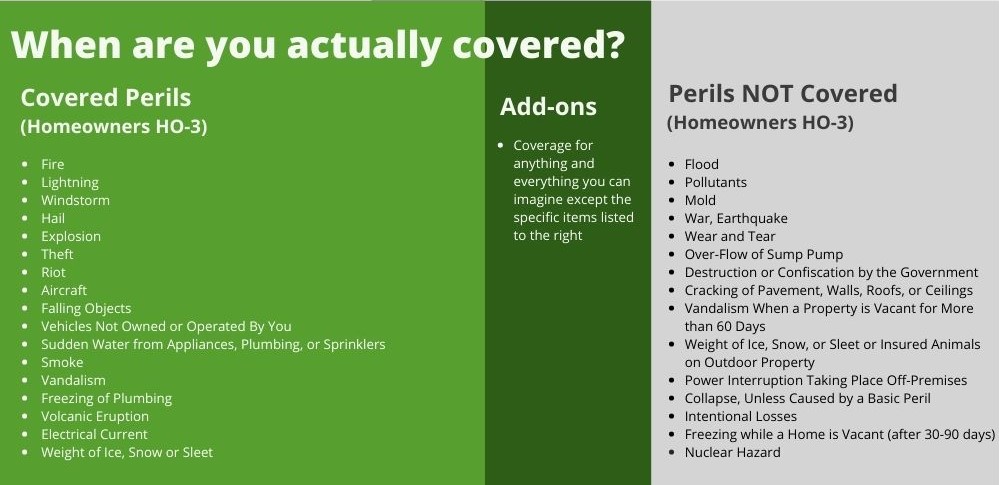
Cellar vs Basement - What's the Difference?
Basements and cellars have many similarities but are not the same. Many people use the terms interchangeably, but homeowners need to recognize the differences.
Let's take a look at each space. After reading this, you will better understand these areas.
What's The Difference Between a Cellar and a Basement?
Cellars and basements can both have dirt floors and mold growth. But there are several differences between a cellar and a basement. These include:
- Ceiling Height. A cellar's height must be over 50% below ground level. On the other hand, a basement can be partially underground. Basements usually have over 50% of their floor-to-ceiling height above curb level.
- Emergency Exits. Cellars do not have emergency exits, while basements have egress windows for a quick escape.
- Uses. People usually use their basement as a storage area, workout room, guest bedroom, laundry room, game room, etc. A cellar usually serves as wine storage or food storage.
- Window Size. Basements often have large windows letting in natural light, while cellars have small windows or none.
- Living Space. You cannot legally rent out a cellar, as it is not livable space. Renting a basement is fair game if it can meet habitability requirements.
- Size. Basements are generally much larger than cellars, boasting more square footage.
- Location. A cellar can be separate from the house, while a basement must connect to the upper level.
- Storm Safety. Cellars and basements can be safe places during a storm. But cellars are better due to their underground security and lack of windows.
What Is a Cellar?
A cellar is a small, enclosed space or room usually built partially or completely under a building. Homeowners typically use cellars to store wine, food, and other items.
What Is a Basement?
A basement is the home's lowest floor, typically situated partially or completely underground. It is a habitable space always connected to the house itself.
Is a Basement Considered a Story?
In most cases, no, appraisers do not count basements as a story. However, if over half of the basement is above curb level, it might be.
Is It Illegal To Have a Bedroom in The Basement?
No law says it's illegal to have a bedroom in your basement. However, the bedroom must meet a specific set of requirements to ensure resident safety, including an emergency exit window.
Root Cellar vs Basement
Homeowners use root cellars to store fruits, vegetables, and other types of food. These are generally ideal if you grow your own produce and need extra storage for it. In addition, root cellars can naturally cool, insulate, and humidify the environment.
It is also possible to add a root cellar to your existing basement or build one outside your house.
Storm Cellar vs Basement
A storm cellar is an underground shelter people use to protect themselves from severe windstorms like tornadoes. These dwellings are usually small, windowless structures made of concrete. Storm cellars also serve as convenient places to store emergency supplies, food, and water.
Wine Cellar vs Basement
A wine cellar is simply a room that stores wine and other alcoholic drinks. These types of cellars offer temperature regulation and minimal light exposure to keep your beverages in the best condition.
Cellar vs Basement Appraisal
Appraisers do not include a basement or cellar's square footage in a home appraisal. They are forbidden to do so except in rare circumstances.
According to the National Association of Home Builders (NAHB), less than 24% of people have basements in the U.S. This statistic is due to various factors, from flooding potential and soil to the specific climate in the area.
A finished basement can boost your property value as it adds to your usable square footage. However, the appraiser only counts the basement square footage if it is finished, above-ground, and meets local safety codes. Cellars can also increase home value, especially if it is a storm cellar in an area that often has inclement weather.
The biggest factors that impact an appraisal are:
- Location
- Square footage
- Current market trends
- Amenities
- Number of bedrooms and bathrooms
- Recent sales of similar properties
- Floor plan functionality
- Condition
Are Cellars Covered by Home Insurance?
Yes, you will have protection in your dwelling coverage, Coverage A, of your home insurance policy. However, your cellar must connect to your home or be protected by your Coverage A. If your cellar is separate from your home, your policy insures it under your Other Structures coverage, Coverage B.
Coverage A and B provide open perils protection. That means your insurer pays for damages caused by any peril unless your home policy excludes coverage for that peril. The image below includes common perils home insurance excludes.

Are Basements Covered by Homeowners Insurance?
Yes, home insurance will cover your basement if a covered peril causes damage. Your home insurance policy covers basements under Coverage A, dwelling coverage. As mentioned, that comes with open perils coverage.
Examples of covered perils include "accidental and suddenly" burst pipes, overflowing tub/pool/sink/water heater, and broken appliances. We emphasize sudden and accidental because home insurance does not cover slow water leaks from damaged pipes. Instead, insurers consider leaks as maintenance issues.
A standard home insurance policy (HO3) does not cover basements if the damage came from:
- Sewage backup
- Water from a storm, surge, heavy rains, or a flood
- Underground water seepage
Are you a new homeowner wondering if you have adequate home insurance coverage? Get a free insurance quote or home risk assessment today!
Hope that helps!
Free Online Home Insurance Quotes
At your service,
Young Alfred